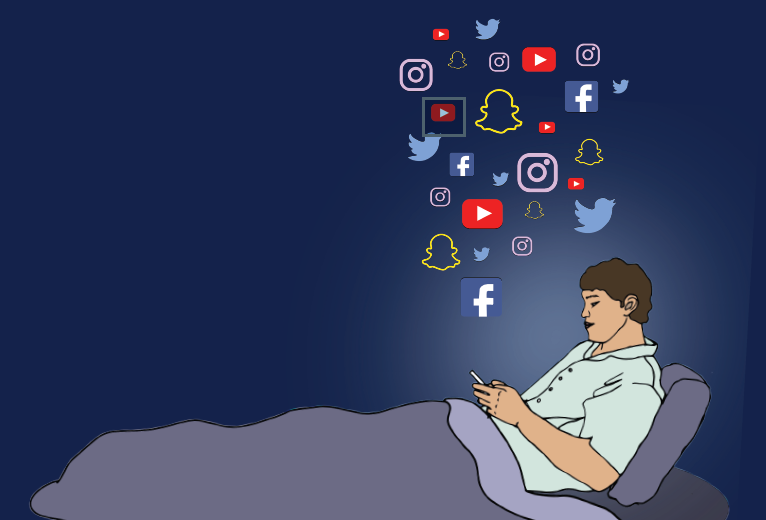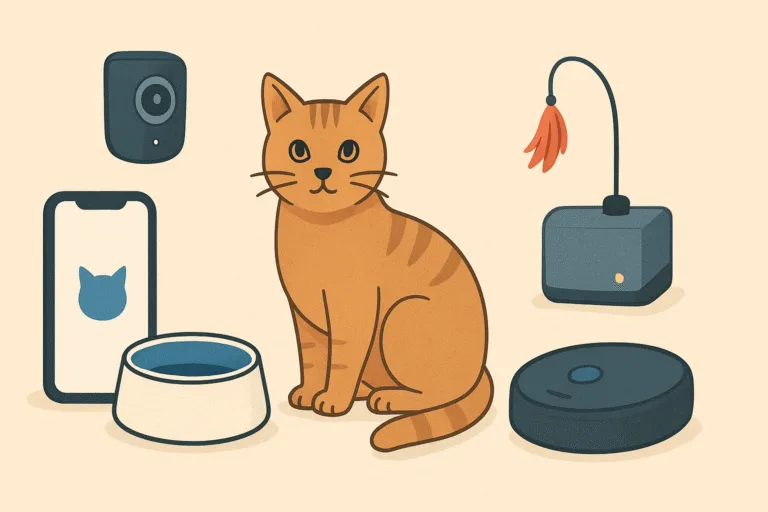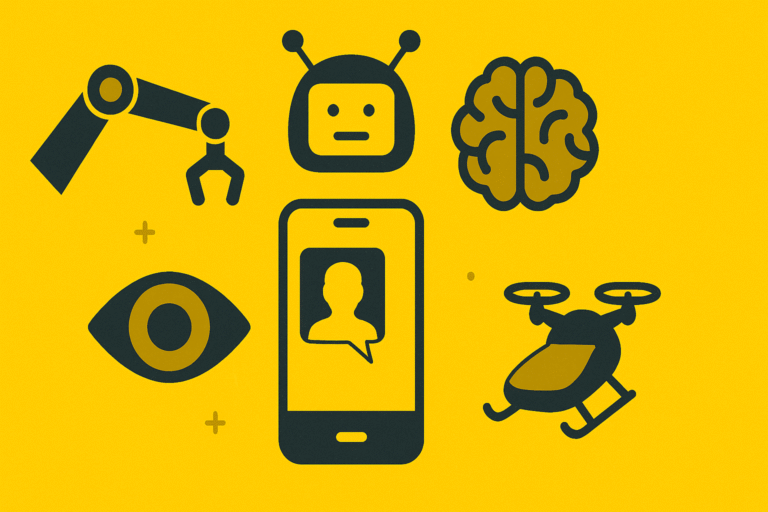There is a moment we all know too well. You pick up your phone just to “check something quickly” and suddenly thirty minutes have disappeared into scrolling memes, reels, and endless updates. By the time you look up, you are not even sure what you were looking for in the first place. That feeling of losing time and control is what many people experience daily, and it is exactly how social media addiction creeps in. It is not about liking social media too much, it is about reaching the point where it starts controlling your attention, mood, and even productivity.
Practical steps can help anyone break free from social media addiction and regain control of their time. The goal is not to completely cut off social platforms but to find a healthier balance between online and offline life.
Recognize the Problem
The first step in overcoming social media addiction is acknowledging that you have a problem. Take an honest look at your social media usage. Are you spending more time on these platforms than you’d like? Is it interfering with your daily life, work, or relationships? If the answer is yes, it’s time to address it.
Set Clear Goals
Before you battle social media addiction, determine why you want to reduce your social media usage. Do you want to free up more time for other activities, improve your productivity, or improve your mental well-being? Setting clear goals will give you a sense of purpose.
Limit Notifications
Social media platforms are designed to keep you engaged. Turn off non-essential notifications to avoid constant distractions. This way, you can decide when and how often you check your social media accounts.
Time Management
Allocate specific time slots for social media use each day. For example, limit your usage to 15-30 minutes during breaks or after work. Stick to these time blocks and resist the urge to mindlessly scroll.
Delete or Disable Apps
Consider removing social media apps from your smartphone or disabling your accounts temporarily. This can make accessing social media more cumbersome, reducing the temptation to check it constantly.
Replace Social Media Time
Identify other activities that you enjoy or would like to pursue. Allocate the time previously consumed by social media addiction for these activities instead. Engaging in new interests can help fill the void left by reduced social media use.
Establish Digital-Free Zones
In your battle against social media addiction, designate certain areas or times as “digital-free zones” in your home. For instance, make the bedroom or the dining table a social media-free area. This encourages better face-to-face interactions and quality time with loved ones.

Support
Share your goal of overcoming social media addiction with friends or family. They can provide encouragement and help keep you accountable. You can also find online communities or support groups dedicated to this issue.
Mindful Browsing
When dealing with social media addiction, use social media mindfully. Be aware of the content you’re consuming and the time you’re spending. Avoid aimless scrolling by following specific pages or users that offer value and relevance to your interests.
Track Your Progress
Keep a record of your social media usage. This can be an eye-opener and help you see how much time you’ve reclaimed since you started your journey to reduce social media addiction.
Practice Self-Control
When the urge to check social media strikes, take a deep breath, remind yourself of your goals, and consider whether it is the best use of your time.
Get Professional Help
If your social media addiction is severe and significantly affecting your life, consider consulting a therapist or counselor. They can provide personalized strategies and support.
Celebrate Milestones
As you make progress in reducing your social media addiction, celebrate your achievements, no matter how small. Rewarding yourself for hitting milestones can be a powerful motivator.
Be Patient and Forgiving
Breaking social media addiction takes time. You may have setbacks, but it is important to be forgiving and patient with yourself. Remember that progress is a journey, and each day is a new opportunity to improve.
Overcoming social media addiction is achievable with determination and a structured approach. It’s a journey worth taking for your well-being and personal growth.

Also Read: At What Age Should You Consider Getting Your Kids a Phone?
Why are Social Networks so Addictive?
Social networks are undeniably addictive, and understanding why can shed light on our behaviors in the digital age. Let’s take a look at some factors behind the addictive nature of social networks.
Dopamine Rush
One of the primary reasons social networks are addictive is the dopamine rush they provide. When you receive likes, comments, or shares on your posts, your brain releases dopamine, a feel-good chemical. It is like a little reward that keeps you coming back for more.
Social Validation
Humans have an inherent need for social validation and acceptance. Social media platforms offer an immediate and easily quantifiable way to fulfill this need. When you receive positive feedback on your posts, it can boost your self-esteem and make you feel valued, reinforcing the addictive cycle.
Fear of Missing Out (FOMO)
Social networks make it seem like everyone is living their best life, and you don’t want to miss out on it. The fear of missing out (FOMO) can be a powerful motivator to keep scrolling through your feed to stay up to date with the latest trends.
Endless Scroll
The infinite scroll feature on many social media platforms provides an endless stream of content. This design encourages users to keep scrolling, making it easy to lose track of time. The longer you stay engaged, the more ad revenue these platforms generate, which incentivizes them to keep you hooked.
Social Comparison
People naturally compare themselves to others, and social media intensifies this tendency. Constantly comparing your life to the curated highlight reels of others can lead to feelings of inadequacy, prompting you to spend more time seeking social validation.
Instant Gratification
Social media offers instant gratification. You can share a post and receive feedback within seconds. This quick feedback loop makes it difficult to resist checking for updates and interactions, as the reward is immediate.
Personalized Content
Social media platforms use complex algorithms to personalize your feed based on your interests, previous interactions, and behavior. This makes it feel like the content is tailor-made for you, keeping you engaged and scrolling.
Peer Pressure
Social networks create a sense of peer pressure to conform to online trends, follow the latest challenges, and participate in discussions. You might feel compelled to engage with these trends to fit in or be part of the conversation.
Ease of Use
Social media platforms are designed to be user-friendly and accessible. They are available on various devices, making it effortless to check in throughout the day, whether on your smartphone, tablet, or computer.
Notification Anxiety
Frequent notifications from social media can lead to notification anxiety. You don’t want to miss any updates, so you keep checking your device, even when it’s not necessary.
Distraction
Social networks provide an escape from the stresses of daily life. They offer a quick distraction and a way to procrastinate, making them tempting when faced with tedious tasks or boredom.
Gamification
Some social networks incorporate game-like elements, such as streaks, badges, and rewards, which engage users and encourage them to keep using the platform.
The addictive nature of social networks is a result of a combination of psychological, social, and technological factors. These platforms are designed to tap into our innate desires for connection, validation, and entertainment, creating a digital environment that keeps us coming back for more.




